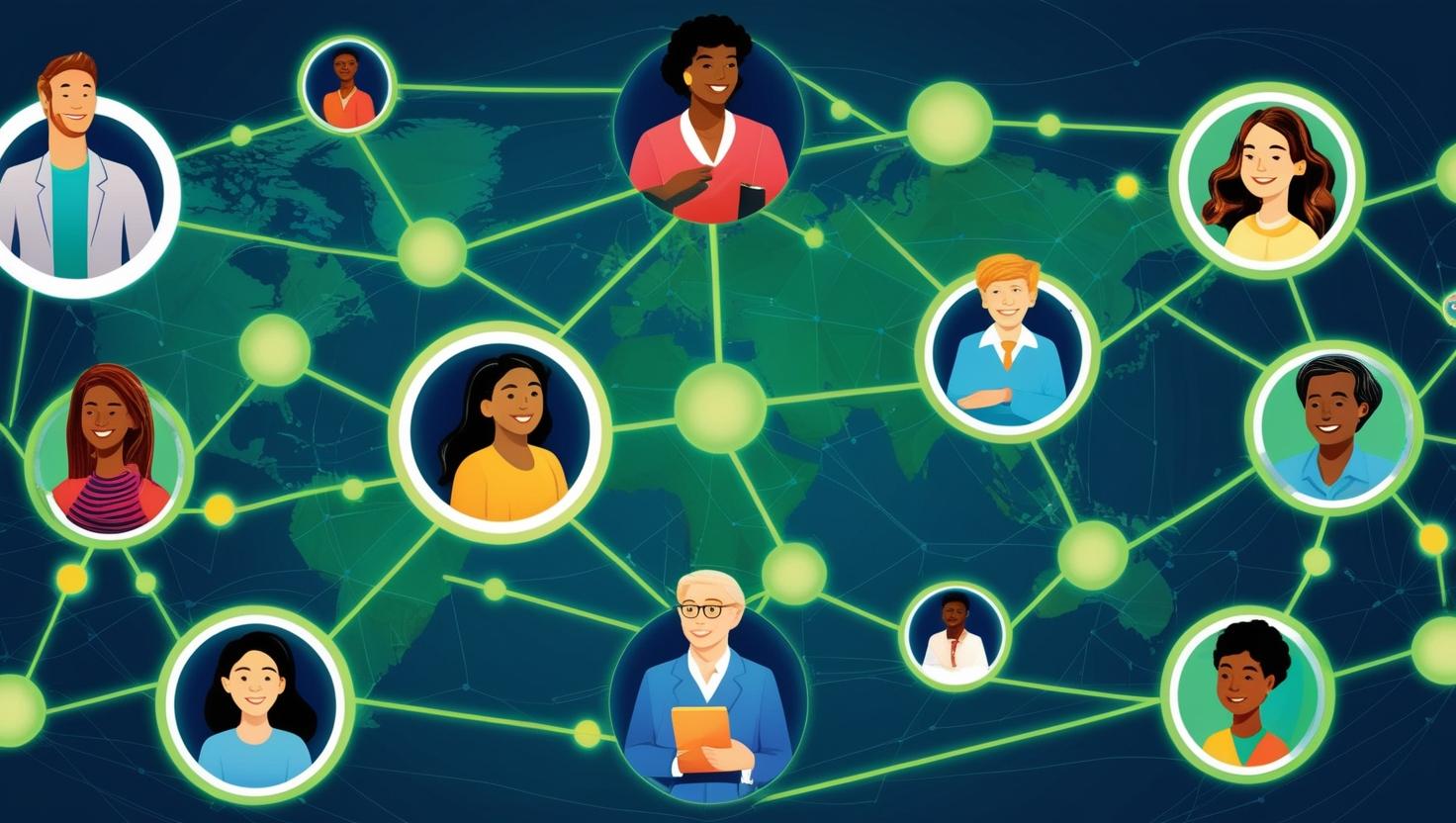When we talk about operation performance and information security, it is very common between managers to run into this issue, block or control social media and message applocations on collaborators devices?
According to a study made and published on Kaspersky website, the platform used by the employees are the main ones for attacks and cybercriminals invasions on coporated environment.
According to the data collected from comanies, the five web services that collaborators access more often on companies devices are: Youtube, Facebook, Google Drive, Gmail and WhatsApp. These platforms are also between the most the most exploited in cyberattacks. A survey made between April and September this year showed that the five more attacked apps by phishing were: Facebook (4,5 million), Whatsapp (3,7 million), Amazon (3,3 million), Apple (3,1 million) and Netflix (2,7 million).
Google platforms including Youtube, Gmail and Google Drive, occupied the sixth position on the list, with 1,5 million attempts of phishing. Yet, we saw that more likely platforms to have limited use by companies on their devices are: Facebook, Twitter, Pinterest, Instagram and Linkedin.

Many companies opt for blocking social media like Facebook, but the restrictions do not cover the usage of messengers, file exchange or mailling services - probably because they are often used for work purposes as well as for personal needs, especially considering the current scenario in which serveral profissionals are working remotely.
To the experts, companies need to provide to their collaborators a comfortable use of the services that they need. “It is crucial to seek right balance and the bet fom to do it is ensurind the online tools protection and the employees digital education, because riminals are aware of internet users habits”, highlights.
Tips for the companies to adopt the safe use of network
1 - Guide the collaboratos so that they know how to recognize fake websites and phishing messages.
2 - Encourage them to never put their credentials before checking the website credibility, or open and download files sent by unknown senders.
3 - Conduct basic cybersecurity awareness training. This can be done over the web and should cover essential practices such as phishing protection, account and password management, email security and web browsing.
Use cybersecurity awareness with protection against web, network and email threats.
Source: Kaspersky






















